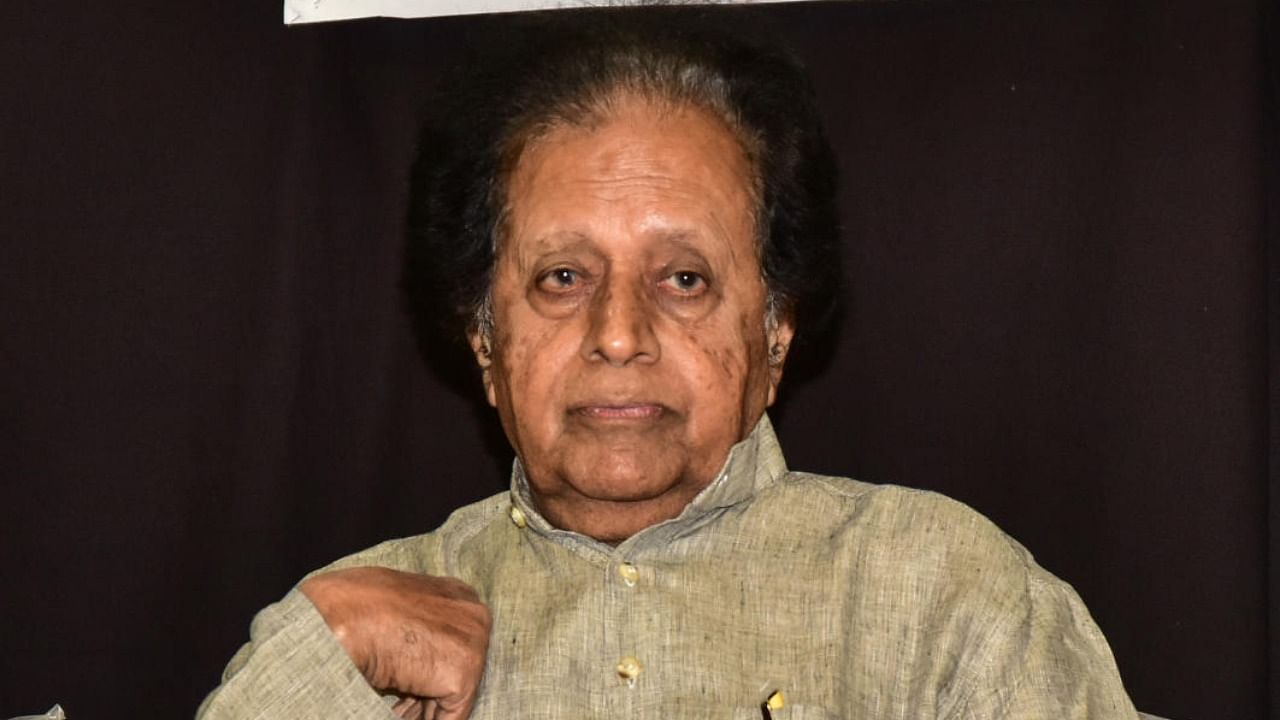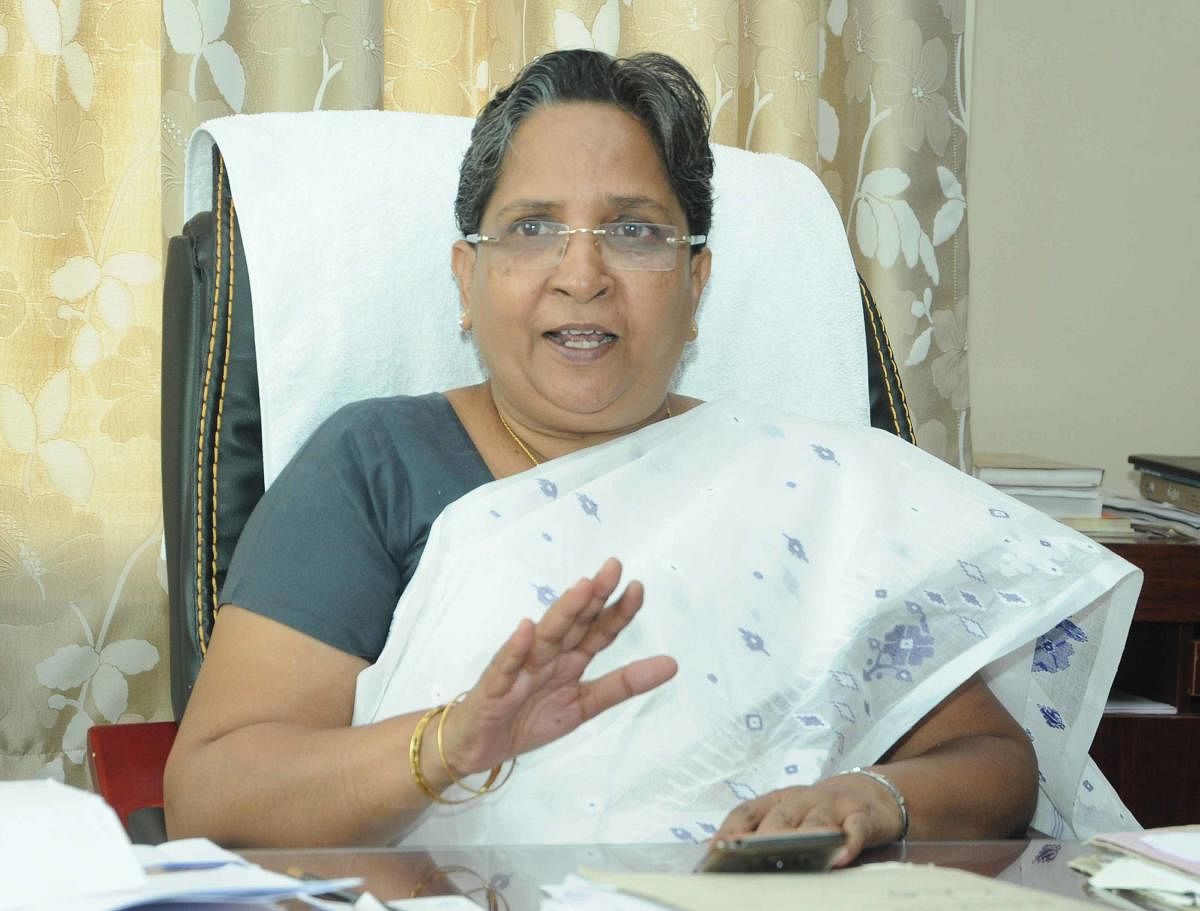

Dr Sabiha, Former vice-chancellor, Karnataka State Akkamahadevi Women’s University, Vijayapura
“The main reason for a shortage of teaching/non-teaching faculty in higher education institutions is an inadequate sanction of posts by the higher authorities and the tedious process of recruitment of permanent staff. This shortage of staff affects the quality of education and also other activities of the institutions. As a result, they struggle to get accreditations. Many colleges also depend on guest lecturers but their salary is much less when compared to permanent staff members. This discourages talented individuals from entering the teaching field. Over the years, expert panels have recommended many changes to set right these shortcomings in the system. But implementation of these recommendations needs a conducive atmosphere and sufficient financial aid.
***
Dr D H Rao, Former dean of engineering, Visvesvaraya Technological University
“When it comes to engineering colleges in Karnataka, the main problem lies in attracting quality faculty and retaining them. Institutions do not pay enough to retain the faculty and so, quite often, talented teachers either crossover to other fields or go to other countries for carrying out quality research.
Also, the roles and responsibilities of the faculty are not well defined in our system. The main role of an engineering college teacher is to impart subject knowledge, conduct research, publish research papers, upgrade their knowledge on technology and teaching methodology. However, most of the teachers are burdened with additional responsibilities like looking after hostels, monitoring the admission process, promoting the institution, keeping track of cultural events and so on, and so cannot devote enough time to their primary professional duty.
***
Prof B K Chandrashekar, Former Education Minister, GoK
Part time or de-facto ‘ad hoc’ teachers are a poor idea at any level of education, from primary to colleges and universities. Poorly paid, much of the time they are worried about making both ends meet. Therefore, they are often driven to ad hoc teaching in more than one or two institutions. Even at this point, it is an affront to the dignity of academics and to the very concept of education. They just cannot be part of any academic and administrative matters, let alone policy making.
Not involved in the institution’s affairs their involvement and commitment to teaching is confined to ‘getting their job done’ and rush to their next destination! However, from what I know, when it comes to distribution of additional work like correction, maintenance of registers etc, they are given as much work as their full-time colleagues though they draw only a fraction of the salary their full-time colleagues do. It was my personal experience, quite embarrassing I must say, that such ‘teachers in waiting’ used to see me quite often appealing to me to try to get their monthly remuneration enhanced.
Education, especially at higher levels, must facilitate exchange of ideas, developments in various areas of knowledge and creative activities among teachers and with students. That is impossible with part-time teaching.
Vice-chancellors are not responsible for any of these lapses. It’s the government’s sole responsibility to provide budgetary support to specifically recruit faculty on a permanent basis.
(As told to Divyashri Mudakavi)